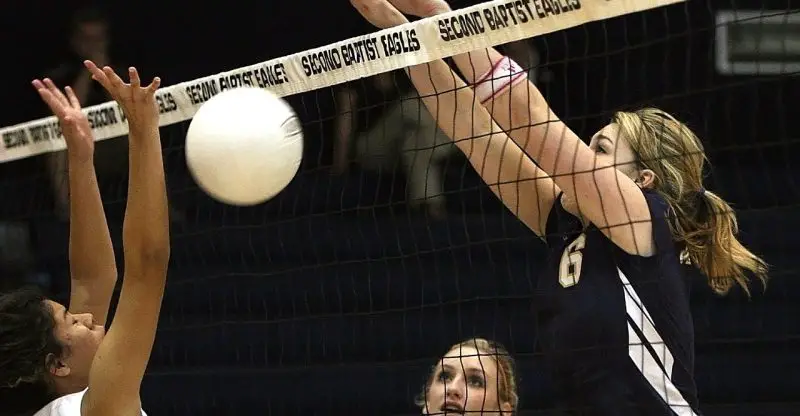How to Handle the Dual Parent-Volleyball Coach Role
Acting as the coach of the team your child is on can be hugely rewarding, but can also bring its own unique challenges.
From your child’s point of view, having to share their mom or dad with a group of other kids doesn’t sound very appealing and can require quite an adjustment. There’s also the issue that you will do something that will cause them embarrassment, even though parents embarrassing their kids is considered almost a right of passage!
To help keep the special parent-child bond just as strong or perhaps even strengthen it, there are a number of things you should keep in mind.
Remember Your Number One Job
You may be the best volleyball coach in the district and beyond, but your job is first and foremost to be a parent. So this means that once practice or a match is over, you are able to switch from coaching mode into parenting mode without chewing your child or the team out for a bad performance.
The importance of volleyball and winning games will always pale in comparison to being a parent. The emphasis should instead be on acting as a supportive, caring parent regardless if you’re coaching youth volleyball or an older age group.
Refrain From Special Treatment
It can be really tempting to treat your child differently from all their other teammates. But this isn’t something they or their teammates will appreciate. This includes showing preferential treatment, as well as pushing your son or daughter extra hard during and outside practice.
We know that it can hard to strike just the right balance between showing preferential treatment and overcompensating to make sure there is no perception of any special treatment. But try to treat your child like any other player when coaching. This means being equal in terms of playing time, positions, and generally just treating everyone in the same way.
Open Communication
It’s important for your child to understand that they can come to you whenever they want to whether that be because there is a volleyball-related problem they have, or want to discuss and need help with anything else.
Avoid Comparisons
While it’s important to avoid comparing your child’s skills to that of their teammates, it’s even more important to avoid comparisons to their siblings. If you have a sibling then you probably know all about sibling rivalry and the unwanted pressure to try and live up to them in some area.
When you start comparing your child’s skills to others, it can feel suffocating and take all of the joy and fun out of the wonderful sport of volleyball. So let them develop at their own pace without unnecessary comparisons that can affect their confidence, self-esteem, and interest in volleyball.
Be a Positive Role Model
It sure can get competitive out there on the volleyball court, but remember that volleyball is just a fun sport at the end of the day. The value of sport is in what it can help someone become instead of just the winning aspect. Sport can teach important lessons about challenges, opportunities, and growth.
So remember to be as positive of a role model as you can. This means avoiding blaming the referees, avoiding demonizing the opponents, and retaining perspective about the game, the players, and their roles.

